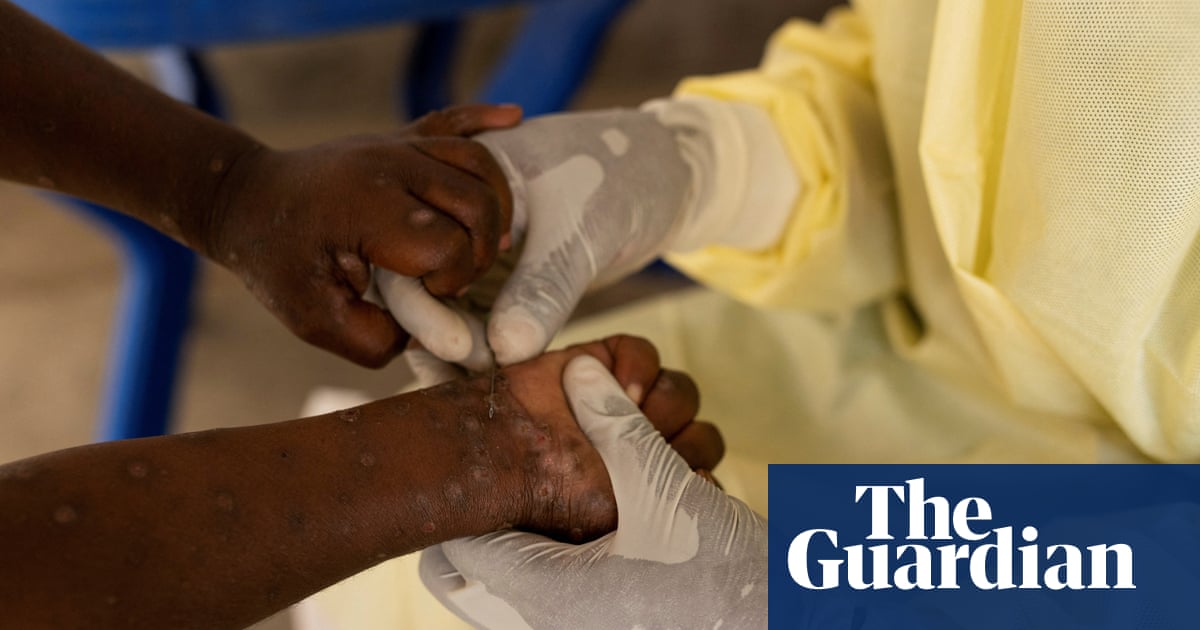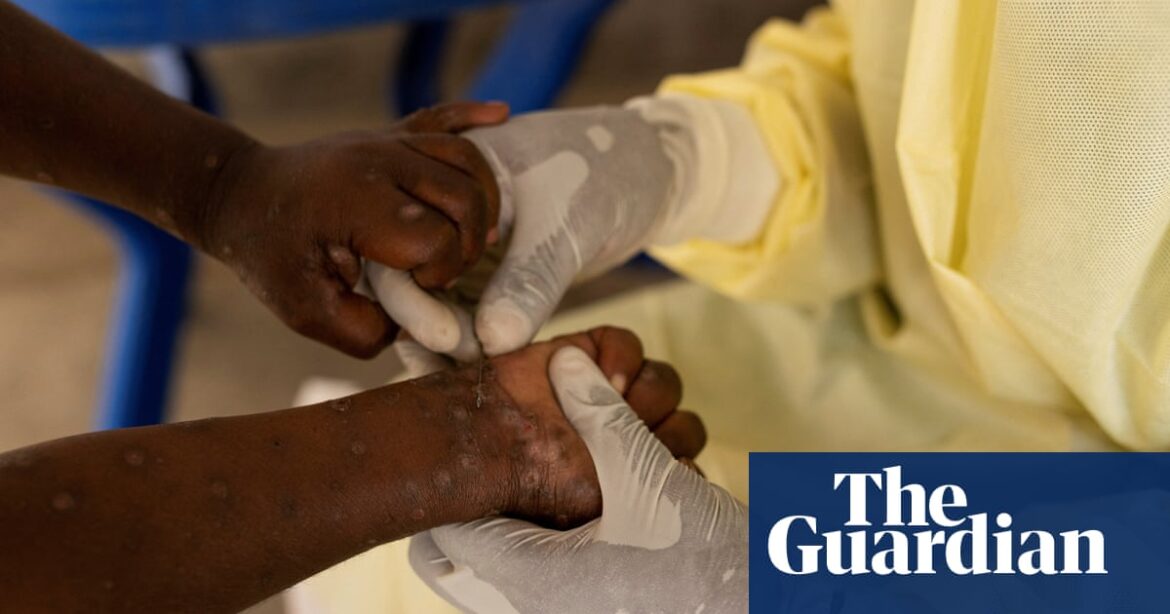
Ten patients suffering from a mystery disease that has broken out in the Democratic Republic of the Congo have tested positive for malaria, the head of the World Health Organization (WHO) said.
However, Dr Tedros Adhanom Ghebreyesus said the patients could have more than one disease simultaneously.
“Of the 12 initial samples collected, 10 tested positive for malaria, although it’s possible that more than one disease is involved. Further samples will be collected and tested to determine the exact cause or causes,” a WHO spokesperson said on Tuesday.
Cases of unidentified illness in a remote part of the DRC have caused alarm, with specialist teams from the WHO and Africa Centres for Disease Control and Prevention sent to investigate. Those investigations are continuing.
The DRC’s health minister said last week that the disease had killed 79 people in the Panzi health zone since 24 October, with 376 cases identified. Most were children under five.
The main symptoms are similar to flu, with patients experiencing headaches, coughing, difficulty breathing and anaemia.
At a briefing on 5 December, Dieudonne Mwamba, the head of the DRC’s National Institute for Public Health, said the symptoms pointed to a respiratory illness, but without a clear diagnosis it was hard to know the cause, and whether it was a virus or bacteria.
He said the affected area was “fragile”, with 40% of people there experiencing malnutrition. The DRC is also dealing with an mpox outbreak and seasonal flu.
There is little testing capacity, and samples from patients have been transported to a regional laboratory in Kikwit, 300 miles away, as well as the national reference laboratory in Kinshasa, more than 400 miles away, a journey of two days by road.
Amid speculation that the outbreak could represent “Disease X” – a term used to describe a previously unknown pathogen with the potential to cause a pandemic – the WHO emphasised it was “an undiagnosed disease rather than an unknown” one.
Officials said a respiratory pathogen such as flu or Covid-19 was being investigated as a possible cause, as well as malaria, measles and others.
In an update on Sunday, the WHO said the affected area “experienced deterioration in food insecurity in recent months, has low vaccination coverage and very limited access to diagnostics and quality case management”.
It said there was also a shortage of health staff, supplies and transportation, with “very limited” malaria control measures.
Source: theguardian.com



